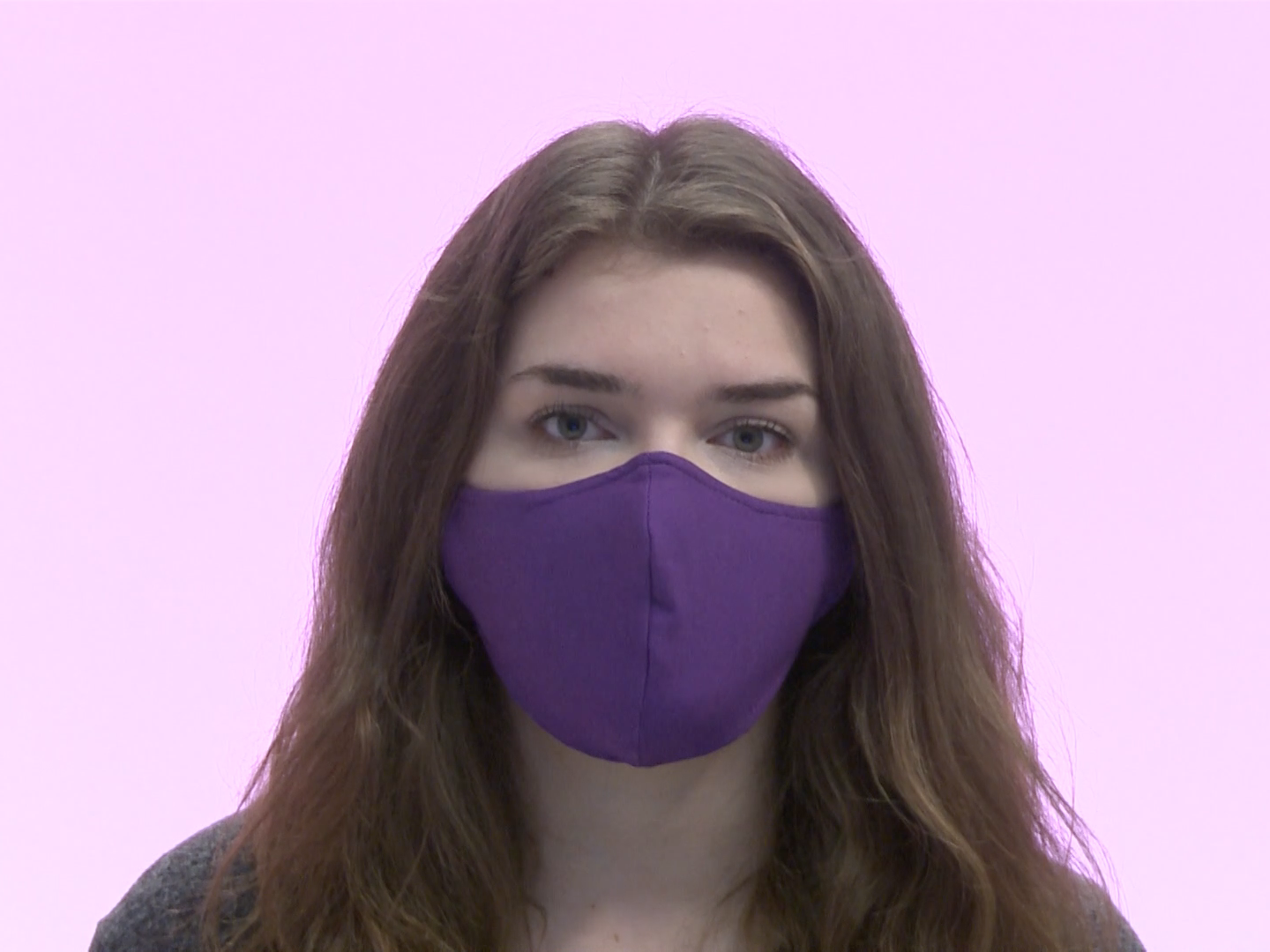Several European countries are tightening restrictions this week, starting with a partial shutdown Monday in Germany, as authorities across the continent scramble to slow a rapid rise in coronavirus infections that threatens to overwhelm their health care systems.
Britain and Austria will follow suit later in the week, closing restaurants, bars and many leisure activities. Italy, Greece and Kosovo also announced new measures. In some places, the new rules — which vary in strictness — are prompting violent protests by people frustrated at once again having to forgo freedoms.
But in many, experts are saying they should have come weeks ago — a reflection of the increasingly difficult balance many countries are struggling to strike between controlling the virus and boosting already damaged economies.
President Donald Trump and Democratic challenger Joe Biden have one last chance to make their case to voters in critical battleground states on Monday, the final full day of a campaign that has laid bare their dramatically different visions for tackling the nation’s pressing problems and for the office of the presidency itself.
More than 93 million people have already voted and it could take longer than usual for elections officials to process the historic surge in early and mail-in ballots.
A record number of votes have already been cast, through early voting or mail-in ballots, which could lead to delays in their tabulation.
Many St. Thomas students have chosen to vote by mail instead of voting in person due to the COVID-19 pandemic, but for out-of-state students, that has always been the only option.
Every state offers an absentee ballot that is available to students who are registered to vote, but rules vary from state to state, something School of Social Work Director Katharine Hill said students could struggle with.
Hill believes there are unneeded complications that can be fixed.
“I think we can move to a system of national voter registration where it becomes an opt-out instead of an opt-in so that everybody, when they turn 18, is automatically opted into being registered to vote at a national level,” Hill said. “I think we could also move to a system where people are automatically sent their ballots.”
Despite wanting change, Hill encourages people to vote in the current system and ask questions.
“I think sometimes, particularly younger people especially when it’s their first election, feel like somehow they’re supposed to know this stuff. That there’s a sense of like, ‘Oh I should know how to do this and I’m embarrassed that I don’t know how,’” Hill said. “Asking for help and asking for clarification on sort of ‘how do I do this’ is completely normal and appropriate and the right thing to do.”
Kristin Pearson can be reached at ktpearson@stthomas.edu.


